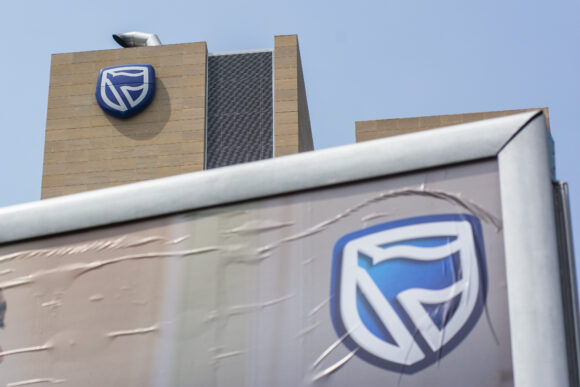Angola will sell stakes in its largest insurer and in the local unit of Standard Bank Group Ltd. this year, as the oil-producing nation moves ahead with a privatization program to raise cash and diversify the economy.
The disposal of stakes in state-owned insurer ENSA – Seguros de Angola SA is taking place now, while the sale of the holding in Standard Bank Angola should happen by November, Angolan Minister of State for Economic Coordination Jose de Lima Massano said.
“We’re moving ahead with our privatization plan,” he said in an interview in the capital, Luanda, late on Tuesday. “Our goal is to build a market-based economy.”
The government is also planning an initial public offering of Unitel SA, the southern African nation’s biggest telecommunications company, and the sale of a stake in Banco de Fomento Angola, the second-largest lender next year, said Massano.
The four companies are among the largest of almost 200 state-owned firms and assets the government initially earmarked for disposal in 2019. Some of the sales were delayed because of the coronavirus pandemic.
The minister didn’t provide details of the size of the asset sales. He also reiterated the government’s commitment to ultimately sell 30% of state-owned oil company Sonangol, but declined to provide a deadline for the disposal.
“Sonangol is a very big and strategic company and is carrying out a so-called regeneration program,” said Massano. “Once it completes that program it will then be able to take other steps on this front as well.”
Massano, a former central bank governor who as minister oversees the government’s economic policy, said his government remains committed to phasing out fuel subsidies, but doesn’t have a deadline to do so.
“We will act with a sense of prudence,” he said. “At this point we don’t have a timeline to complete this process.”
Farming Focus
The minister also vowed to forge ahead with efforts to diversify Angola’s economy by investing in industries such as farming. Angola was a major food exporter before a 1975-2002 civil war, but now relies on crude for more than 90% of its export revenue.
The government is building infrastructure to connect the countryside to the main cities, providing credit lines for farmers to increase output and has 2 million hectares of land available for large-scale investors in agricultural production.
“Angola is already exporting a bit of everything: coffee, bananas and even non-alcoholic and alcoholic drinks,” Massano said.
Government efforts to bolster local production should help cool persistent inflationary pressures in Angola, strengthen the local currency, the kwanza, and stimulate economic growth, he said. Angola’s economy is forecast to expand 3.2% this year from 0.9% in 2023, the minister said.
“The oil sector will continue to have a very important role in our economy,” said Massano. “But what we really want is to grow the non-oil sector.”
Photograph: Signage for Standard Bank at their offices in Johannesburg in September 2020. Photo credit: Waldo Swiegers/Bloomberg
Topics Carriers
Was this article valuable?
Here are more articles you may enjoy.



 The $10 Trillion Fight: Modeling a US-China War Over Taiwan
The $10 Trillion Fight: Modeling a US-China War Over Taiwan  AIG’s Zaffino: Outcomes From AI Use Went From ‘Aspirational’ to ‘Beyond Expectations’
AIG’s Zaffino: Outcomes From AI Use Went From ‘Aspirational’ to ‘Beyond Expectations’  Insurance Broker Stocks Sink as AI App Sparks Disruption Fears
Insurance Broker Stocks Sink as AI App Sparks Disruption Fears  Experian Launches Insurance Marketplace App on ChatGPT
Experian Launches Insurance Marketplace App on ChatGPT 

